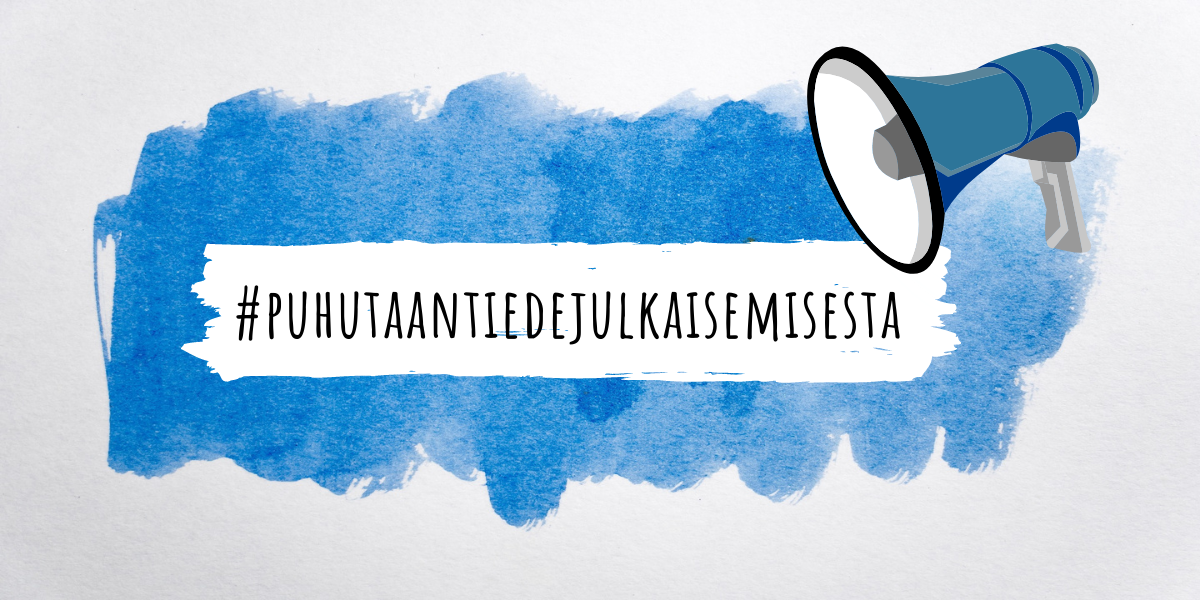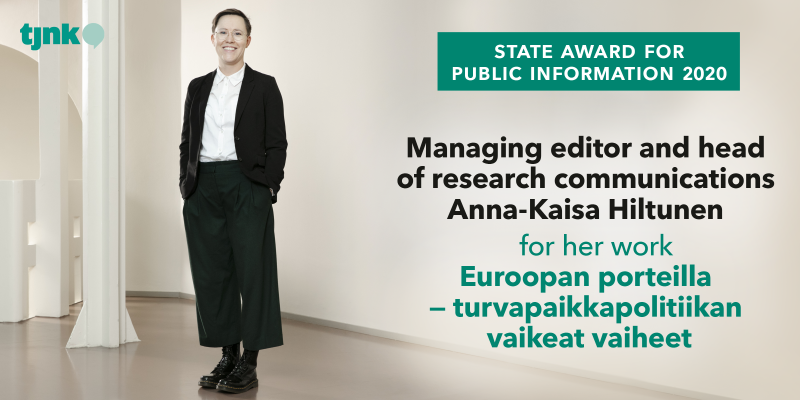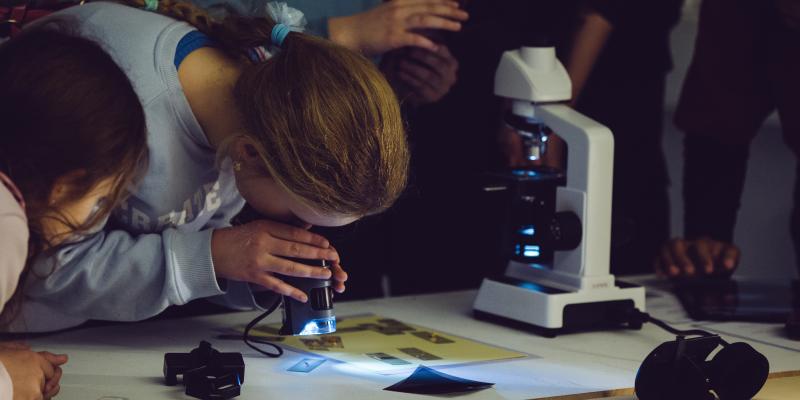
A series called “Puhutaan tiedejulkaisemisesta” (Let’s talk about scientific publishing) covered different themes related to domestic scientific publishing.
There is no science without publishing and publishing requires multiple skills, resources and a lot of work. In September we talked about domestic scientific publishing in a series called “Puhutaan tiedejulkaisemisesta” (Let’s talk about scientific publishing). We covered themes such as what domestic scientific publishing costs, what it takes, why it matters to publish also in other languages than just English and why it is important to communicate science also for a larger audience.
All the articles (in Finnish) can be found here and you can follow the discussion on social media with the hashtag #PuhutaanTiedejulkaisemisesta. Below you can find an English summary of the themes discussed in the series.
A lot gets done with small resources in domestic scientific publishing
Internationally speaking, the field of scientific publishing is dominated by big commercial publishers trying to make profit. In Finland, however, the majority of scientific publishing is executed by learned societies working with small budgets and by largely relying on academic voluntary work.
Despite resources being small, a lot still gets done: when all the domestic publishers are summed together, their combined share in Finnish publishing scheme is close to that of Elsevier and Springer.
In order for research outputs to be in reach of everybody, they should be openly available. Open access can be achieved via various ways (Green, Gold, Diamond…), which all have their own upsides and downsides. (Read also: The cost of convenience: The need for a steering wheel on the open access shopping cart) Finnish learned societies have traditionally funded their work with membership fees. But if the journal, which has been the main membership benefit, will be openly available for everybody, are people still willing to pay the membership fee?
The learned societies are nevertheless positive about OA. For example, the Finnish Political Science Association has been innovating new membership benefits to cover the exclusive reading rights to the journal, e.g., organised panel discussions between researchers. The issue in all such activities is the lack of resources, not just monetary but also the time of researchers.
The competition in academia has been getting tougher and tougher, and as a result the to-do lists of researchers have been getting longer and longer. First things to be removed from that list tend to be all the “extra” tasks, which have traditionally been done as a part of scientists work but are not directly benefiting one’s career. One of these is peer-reviewing, which tends to go unnoticed in assessments but is a crucial element of scientific publishing.
Diverse communication is an important part of science
If the peer-reviewed domestic scientific journals are struggling with resources, the situation is even more challenging for popular journals. Their funding is mainly based on temporary grants, which makes the long-term operation very difficult. The paradox is, that everyone seems to value science communication as an important part of science but nobody seems to be willing to pay for it. Organising some kind of long-term, permanent funding system for popular journals would make all the difference for their operation.
Publishing research outputs in a language the majority of the research community can understand, namely English, is important for the sake of scientific progression. However, publishing in other languages should be encouraged too, as using only English as the single language of science is problematic. Publishing in other languages helps to keep them as living scientific languages. As there are thousands of languages in the world, it would be strange if science would happen only in one of them.
But, it is not necessary to choose just one: the discussion can happen in multiple arenas and in multiple languages. Even if the scientific publication itself is in English, it can be discussed also in other languages. One good example is the popularised discussion of Russian waste management carried out in multiple languages (English, Finnish, Russian) in online research forum Versus. (Read also: Helsinki Initiative on Multilingualism in Scholarly Communication)
Is the future for the domestic publication field in cooperation?
The concept of megajournal has been suggested as one potential solution for funding the OA in domestic journals. Megajournal does not, however, seem to be a likely solution primarily because currently there is no funding source for such an effort. Even though a megajournal would not be a suitable concept for domestic publishing, it might nevertheless contain applicable elements.
The field of scientific publishing is in change and the direction of the change is hard to predict. Thus searching for pervasive options to keep the domestic scientific publication viable and community-driven is important. The closest equivalent for a megajournal is Journal.fi platform, in which expert communities, such as learned societies, are in charge of sharing the research outputs and knowledge of their field.
Text: Elina Koivisto / Open Science secretary
Picture: TSV and Free Creative Stuff/Pexels


